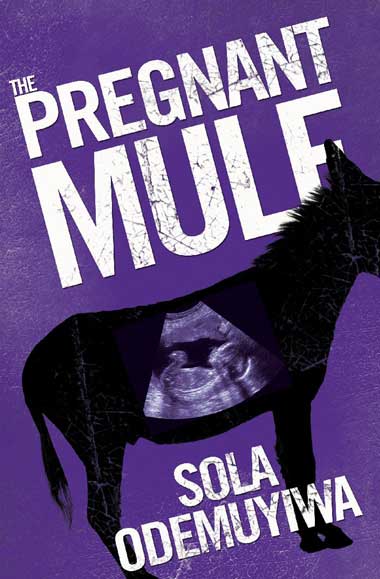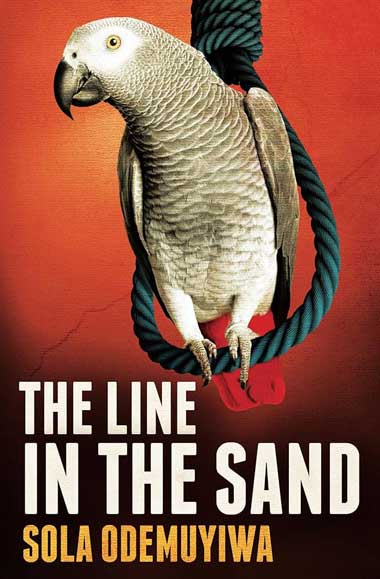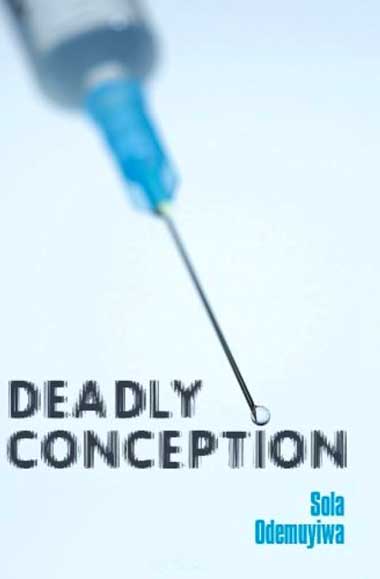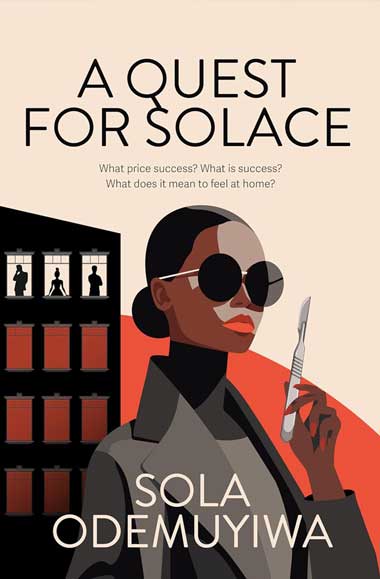If you don’t know the reason for some news item, why an eminent football manager joins a doomed team, or a chief executive suddenly turned whistle-blower, or an American billionaire suddenly discovers his “roots” in the Delta region of Nigeria, just say “money” and you will invariably be correct.
The doctors’ dispute comes down to money. The master has imposed his contract. He cannot lose. If the service fails he will invite the private sector. If it succeeds he will push harder next time, maim it and invite the private sector to kill it off; the overpowering aroma of the ordure and vcomitus, he will mislabel as the smell of manure and plough on. If you can stand the stench you can apply free enterprise anywhere.
Now the slaves are in revolt. But these are not ordinary slaves. They are doctors and if they withdraw emergency care, patients could die, perhaps more than in a terrorist attack. Some of these deaths, due to a delay in diagnosis and treatment in a diabetic crisis, for example, or in the reaction to an abnormal ECG or warning signs on the wards, will be as obvious as an earthquake, but others will die, drop silently to the ground like etiolated leaves in an autumn breeze, with few the wiser. Then a new bout of recriminations will follow, about whose fault it was. Yet, even if the minister goes in a reshuffle or brazens it out, that is what politicians do, we as a profession will be the worse for these deaths. Was it really worth the death of Mrs Jarrodiski, the lollipop lady, or Master Fred, the promising violinist, and countless nameless others for the sake of a few thousand pounds we will ask ourselves.
I am not naive. Deaths, avoidable in many instances, are “built in to the price” of the NHS or any training system. In other words if we are honest is it not the case that, try as we might, errors are an inevitable part of practice, even by the most accomplished, and of the learning curve? And decisions we make about treatment based, for example, on pounds per QALYs, imply that we are prepared as a society to let some patients succumb because we cannot “afford” to treat them. Even the annual health budget allocated by the chancellor is based implicitly on these calculations.
But we are doctors. When we make mistakes, people die, right in front of us, behind or beside us or not far away in the next room, or we hear about it and we know…that by omission or commission, we feel responsible, awful. We know that you cannot explain everything in terms of pounds and pence. What price a human life?
So, my younger colleagues, some of the brightest most talented, most expensively trained people the world has ever known, the custodians of the traditions of the best profession in the world, before you fall into a trap set by those with an ideological bent against the public sector, I implore you to add up the pounds per QALYS, and pounds per QAYLost, add in your responsibility to your vocation and to the public at large. Is Mrs Jarrodiski’s death a price worth paying for the deaths you will prevent by going on strike for better working conditions? If you think so, let us have some figures.
Rather than the all-out strike later this month, show the Great British public that the millionaires were prepared to let the “hardworking men and women” die to make a point based on dodgy dossiers. Do not let the “cash for honours”, “expenses scandal”, “house-flippers”, drag us into the moral quicksand.



